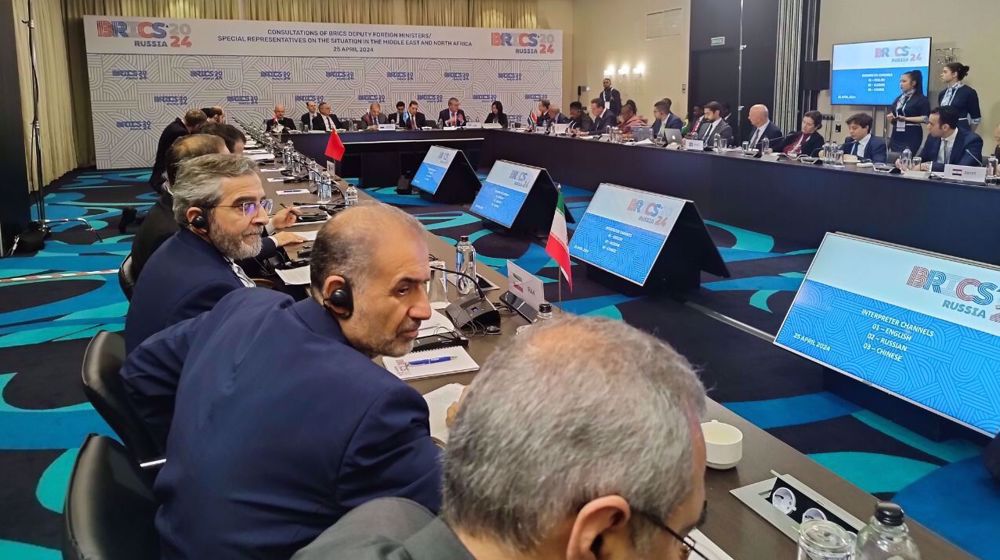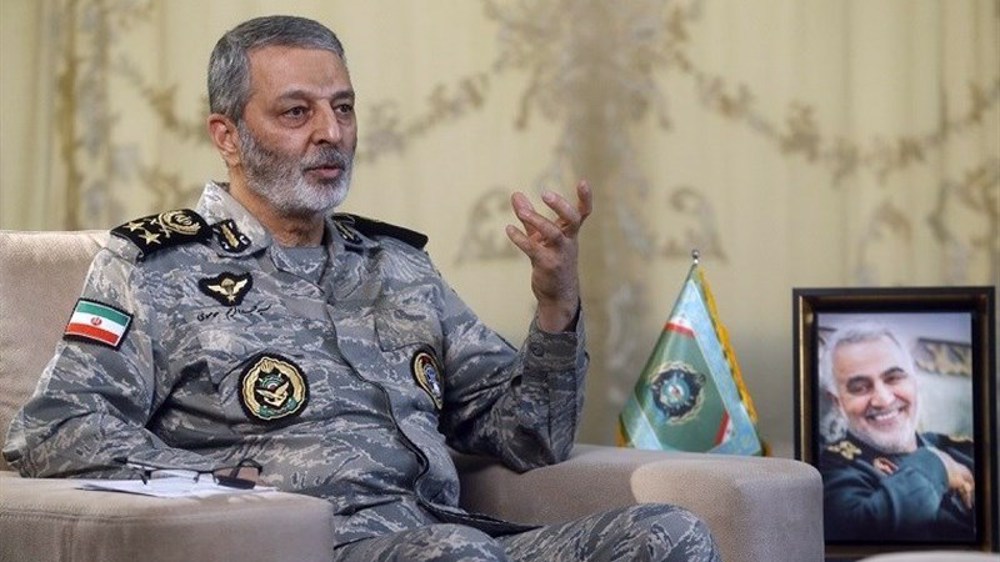Mali will never cooperate with Iran's enemies: Speaker
President of the National Assembly of Mali says many African nations are willing to have expanded relations with Iran and that his country will never cooperate with Tehran's enemies.
Issaka Sidibe made the remarks in Tehran late Saturday during a meeting with his Iranian counterpart Ali Larijani who praised "friendship" between the Islamic Republic and African states.
"Iran has a good friendship and level of relations with African countries, and the region's issues have always been a matter of attention for us and we have always supported the independence of African countries," Larijani said.
Senior officials at the administration of President Hassan Rouhani have pledged to “update” Iran's Africa strategy, pursuing a “new level” of strategic relations in the coming years.
The Islamic Revolution in 1979 resulted in a fundamental overhaul of Iranian foreign policy, changing its focus from the West to the developing world.
Tehran abandoned its ties with the South African apartheid regime in favor of the African National Congress (ANC) that took over in 1994 and is currently the governing political party in the country.
The former government of President Mahmoud Ahmadinejad promoted the notion of an Iranian “South-South” strategy, aiming to expand relations with Africa and Latin America. In 2006, Ahmadinejad famously attended the African Union summit in Gambia as a guest of honor.
However, those efforts have faced enmity from the US and its allies, including Israel which has been trying to expand its footprints in Africa, where it has a chequered history because of its close ties with the apartheid regime.

In November 2010, Gambia broke diplomatic ties with Tehran and expelled all its diplomats in what the Islamic Republic believes was American pressure to cut Iran's efforts loose in the continent.
Somalia, Sudan, Djibouti and Comoros in January 2016 cut diplomatic relations with Iran following Saudi Arabia’s decision to sever ties with the Islamic Republic over angry protests outside the kingdom's embassy in Tehran.
On Saturday, the president of the National Assembly of Mali stressed that his country "will always remain a friend of Iran and will never cooperate with its enemies."
Larijani, for his part, hailed the quality of the two countries' parliamentary relations, and hoped that the two sides could also enhance their economic relations.
“Many African countries are willing to expand their relations with Iran, and seek to become familiar with the Iranian culture through travelling to your country,” Sidibe told his Iranian counterpart.
“There is real amity between the two countries, and we hope to establish a new framework for bilateral cooperation as soon as possible,” he added.
Sidibe also said Bamako would exhaust all possible efforts in its power to upgrade the level of bilateral trade relations, and hoped that his country would soon receive Iranian goods.
Sidibe is the chairperson of the Executive Committee of the Inter-parliamentary Union of the Organization of Islamic Cooperation’s Member States which started its 38th plenary meeting at the Union’s Secretariat in Tehran Saturday.
Columbia, Yale students bent on ending US support for Israeli genocide
VIDEO | Genocide in Gaza
Iran calls on BRICS to play role in stopping Israeli crimes
President Raeisi’s historic visit opens new chapter in Iran-Pakistan ties
Russia: Poland’s talks on hosting US nuclear weapons ‘dangerous’
VIDEO | Israel’s genocide bounty
India’s home minister vows to end Muslim reservation if his party wins
UN expert calls for arms, oil embargo against Israel













 This makes it easy to access the Press TV website
This makes it easy to access the Press TV website